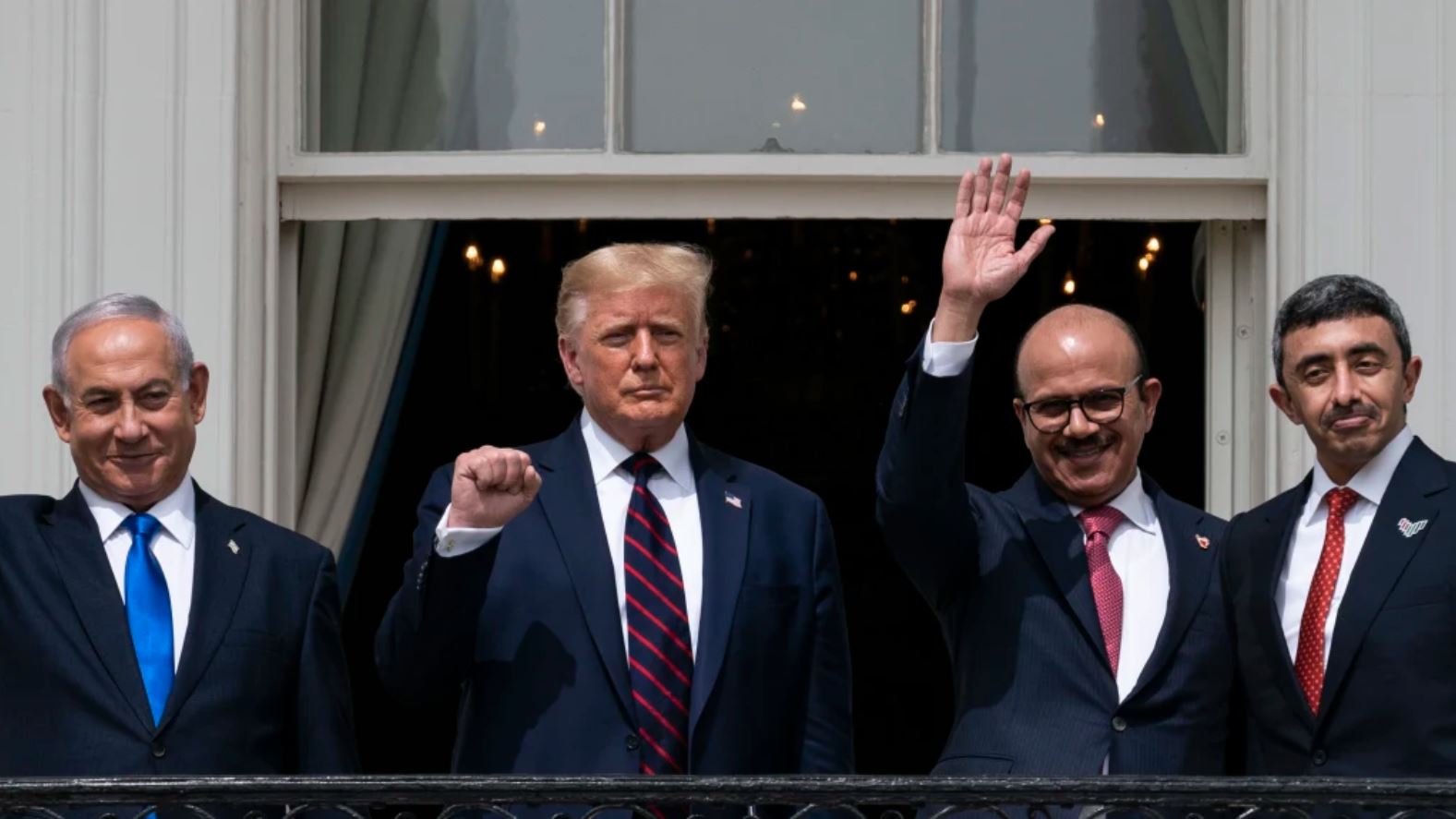The establishment of diplomatic ties between the United Arab Emirates, Bahrain and Israel will be celebrated by many in the world, including the Australian government and opposition.
After all, even if it is well known that both these Gulf countries already have all but formal relations with Israel, making the alliance formal is a victory of sorts.
But if you are lured by the words “peace deal”, and are joining in the celebrations because you are a lover of harmony and justice, you’d better think twice. Things might not be as they seem and one might ask, whose victory is this?
At the most obvious level, the deal is clearly a win for US President Donald Trump, who will have something more substantial to run with in the forthcoming presidential election, as far as his Middle East policy is concerned.
At another obvious level, it is a victory for the US-Israeli-Saudi alliance. For many years now, this troika has sought to redirect regional focus on the “Iranian threat”, rather than the Palestinian question. However, this is bound to increase the already large gap that exists in the Arab world between the orientation of the ruling elite and the view of the majority of the people they are ruling.
Colonial and neo-colonial politics have always meant that in many countries an alliance of economic and political elite are maintained in power not so much by their ability to represent the aspirations of a majority of their people, but by their ability to enact a certain foreign policy.
Read the opinion piece by Ghassan Hage in The Age.

